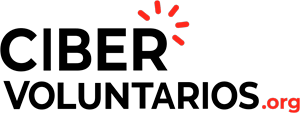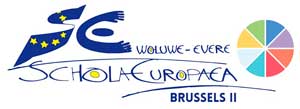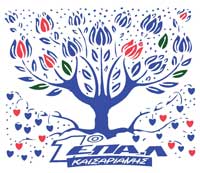
Addressing media literacy from the classroom: a guide for teachers
01/04/2024 Docheck
The DoCHECK! project has released a freely distributed guide aimed at equipping educators with a range of tools to incorporate media literacy, particularly regarding misinformation, into the school curriculum
Hoaxes wield significant influence in society, notably among young people who predominantly consume news via social media platforms. In response to this pressing issue, the DoCHECK! project has introduced a comprehensive guide tailored for educators, emphasizing an educational approach to counter misinformation. It underscores the critical importance of media literacy, fostering critical thinking skills, and facilitating ongoing dialogue within the classroom.
Primarily, the guide furnishes educators with resources to seamlessly integrate media literacy into the curriculum. This empowers teachers to encourage students to consult a variety of sources and develop essential critical reading and writing skills. Ultimately, the primary objective is for educators to serve as catalysts in empowering young individuals to discern and thwart the dissemination of false information.
Sustained discourse on media literacy and critical thinking is identified as a pivotal strategy in fortifying resilience against misinformation. The guide accentuates this aspect and underscores the indispensable role of fact-checking websites, providing educators with a curated list of reliable sources for convenient verification.
Furthermore, the guide advocates for the adoption of a curriculum that comprehensively addresses key facets of media literacy. It introduces practical tools such as critical thinking applications and methodologies for stimulating classroom debates. Notably, it recommends inviting guest speakers and digital experts to share invaluable insights and enrich students’ educational experience.
Lastly, the guide underscores the paramount importance of online safety and digital citizenship. It delves into crucial topics including safeguarding personal information, fostering awareness of cyberbullying, and promoting ethical evaluation of online content. In essence, through this guide, DoCHECK! presents a holistic strategy to empower well-informed and resilient youth in navigating misinformation within the digital landscape.










